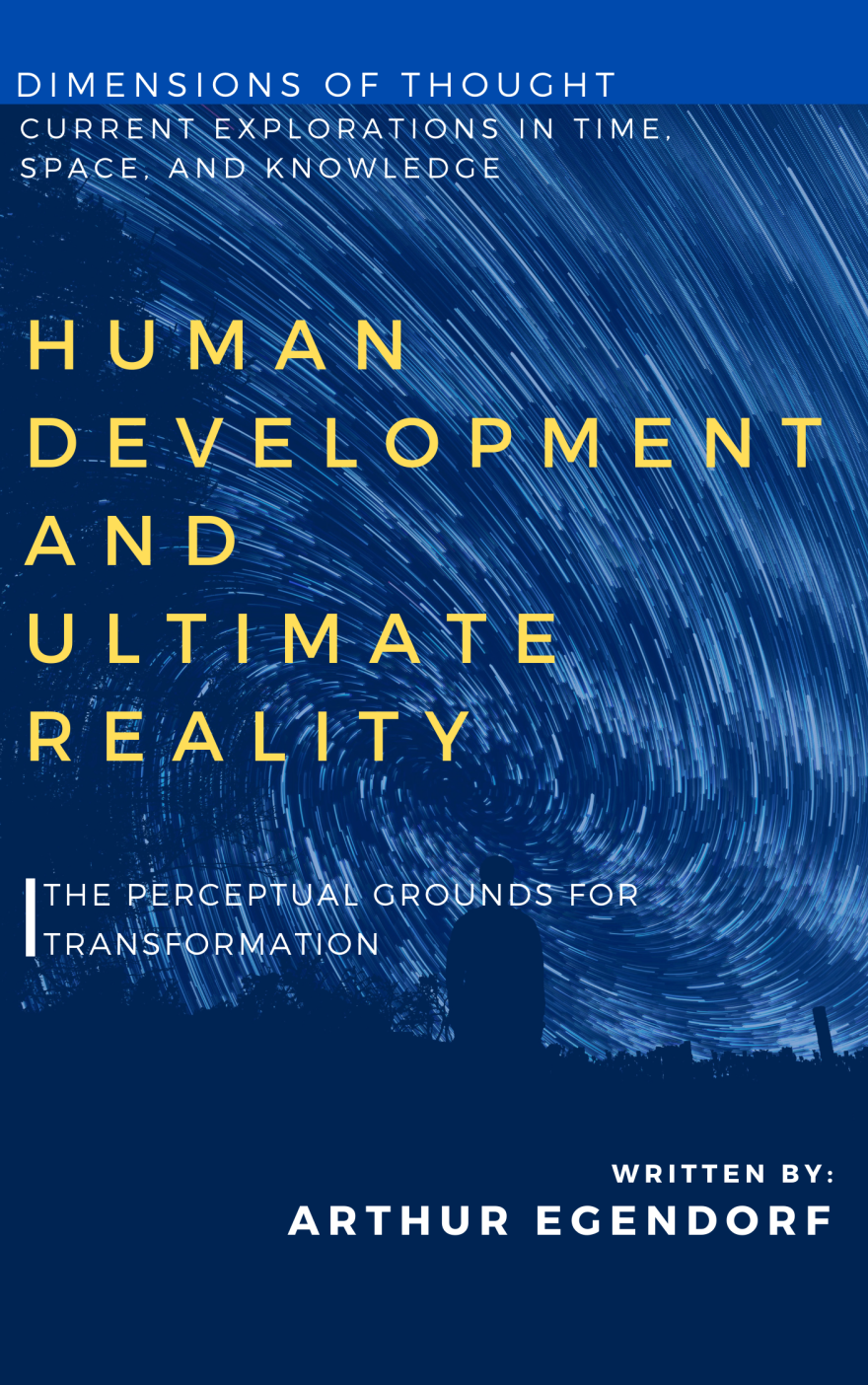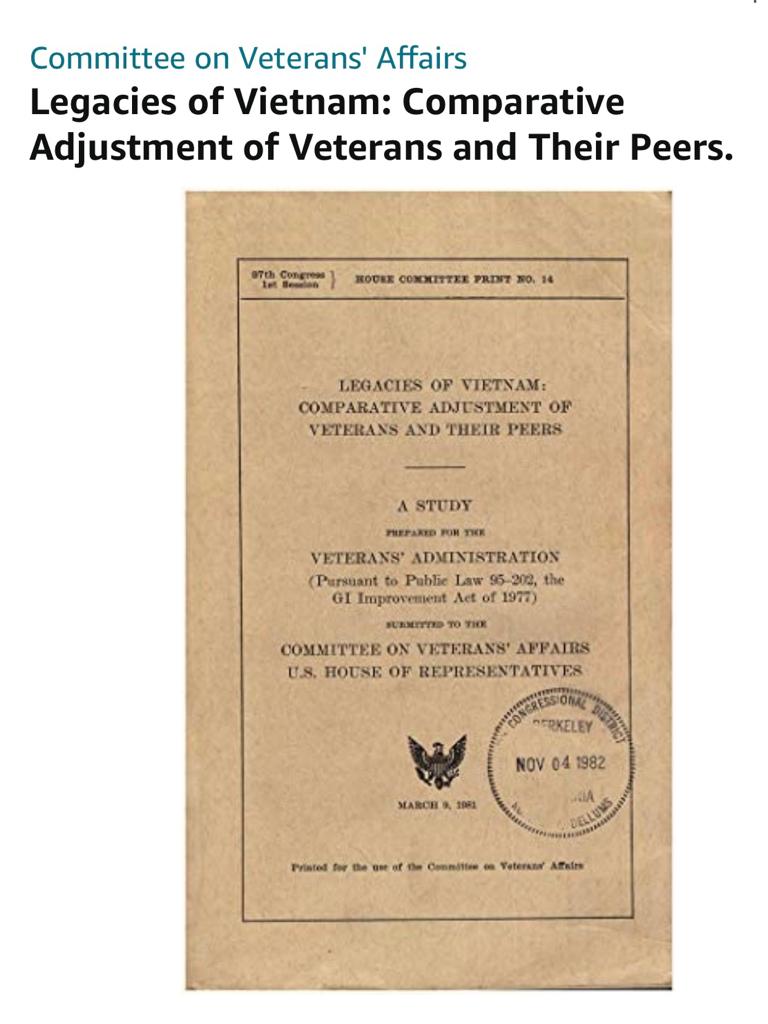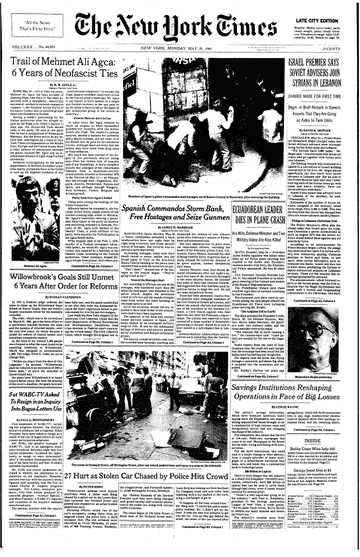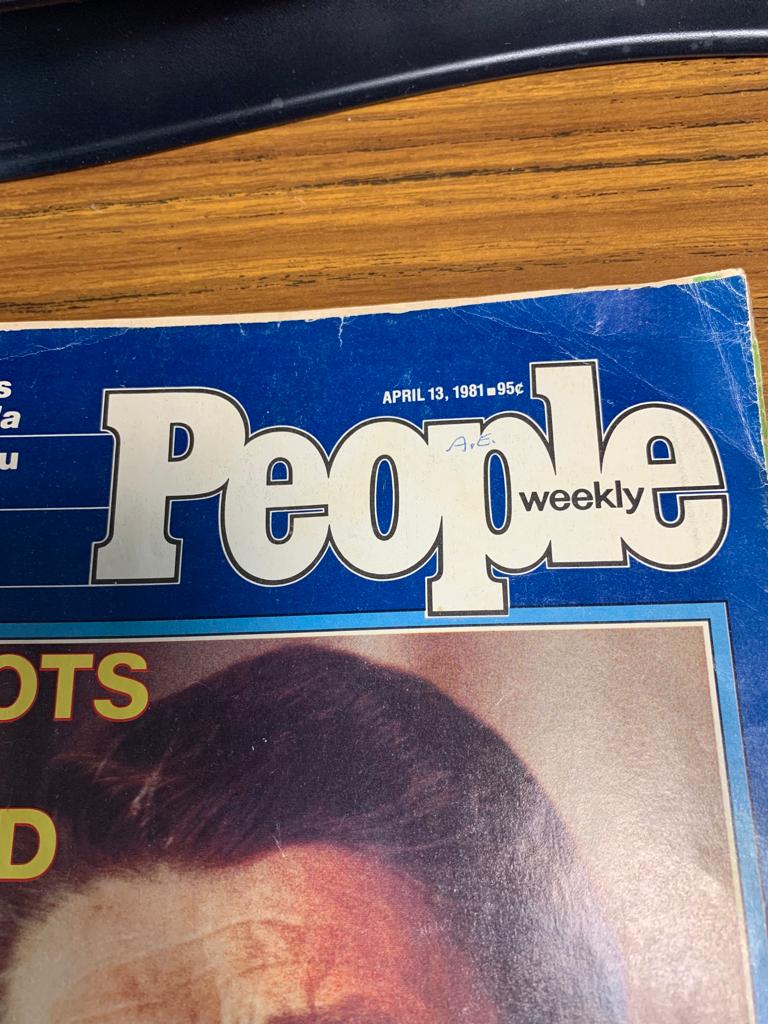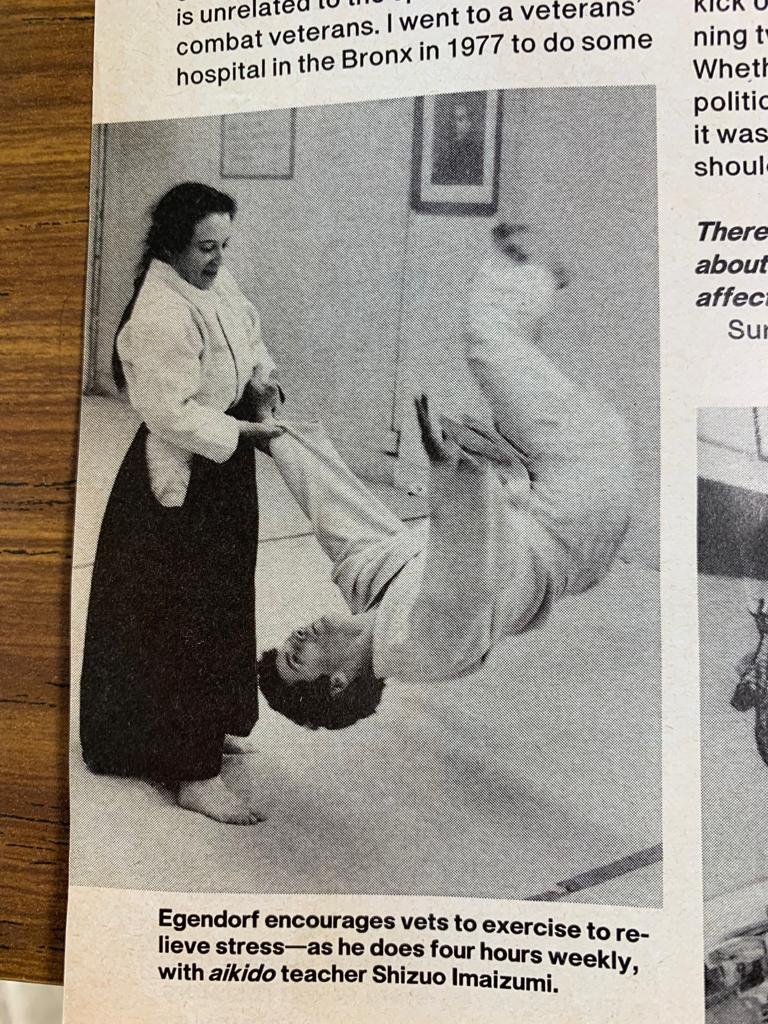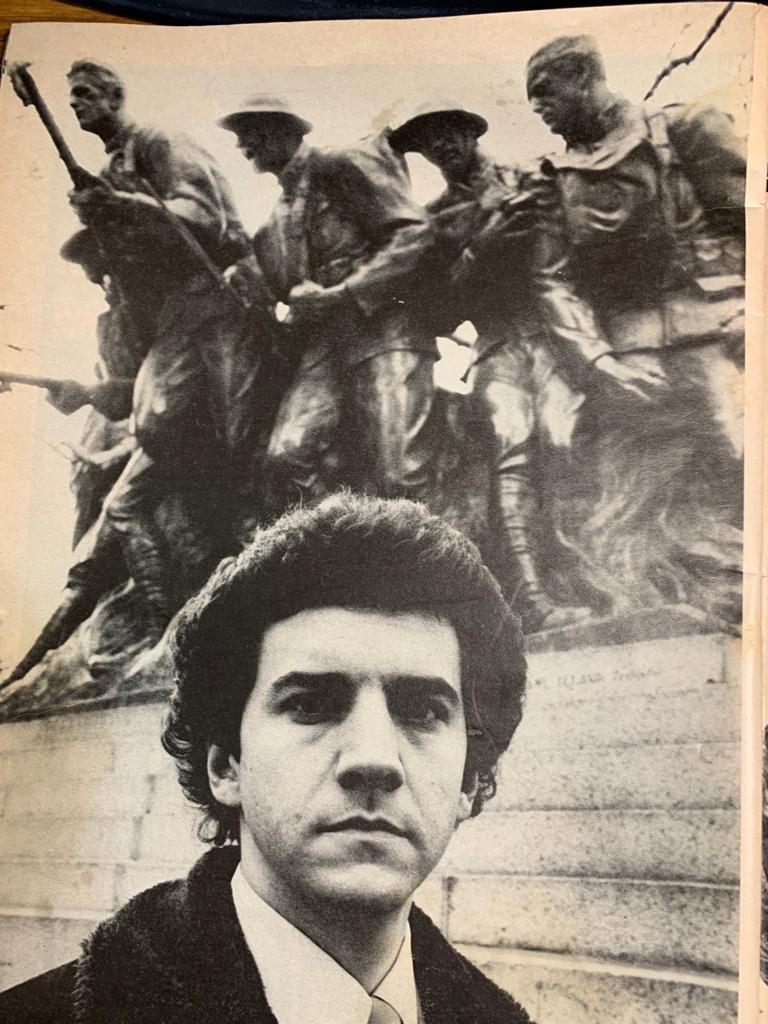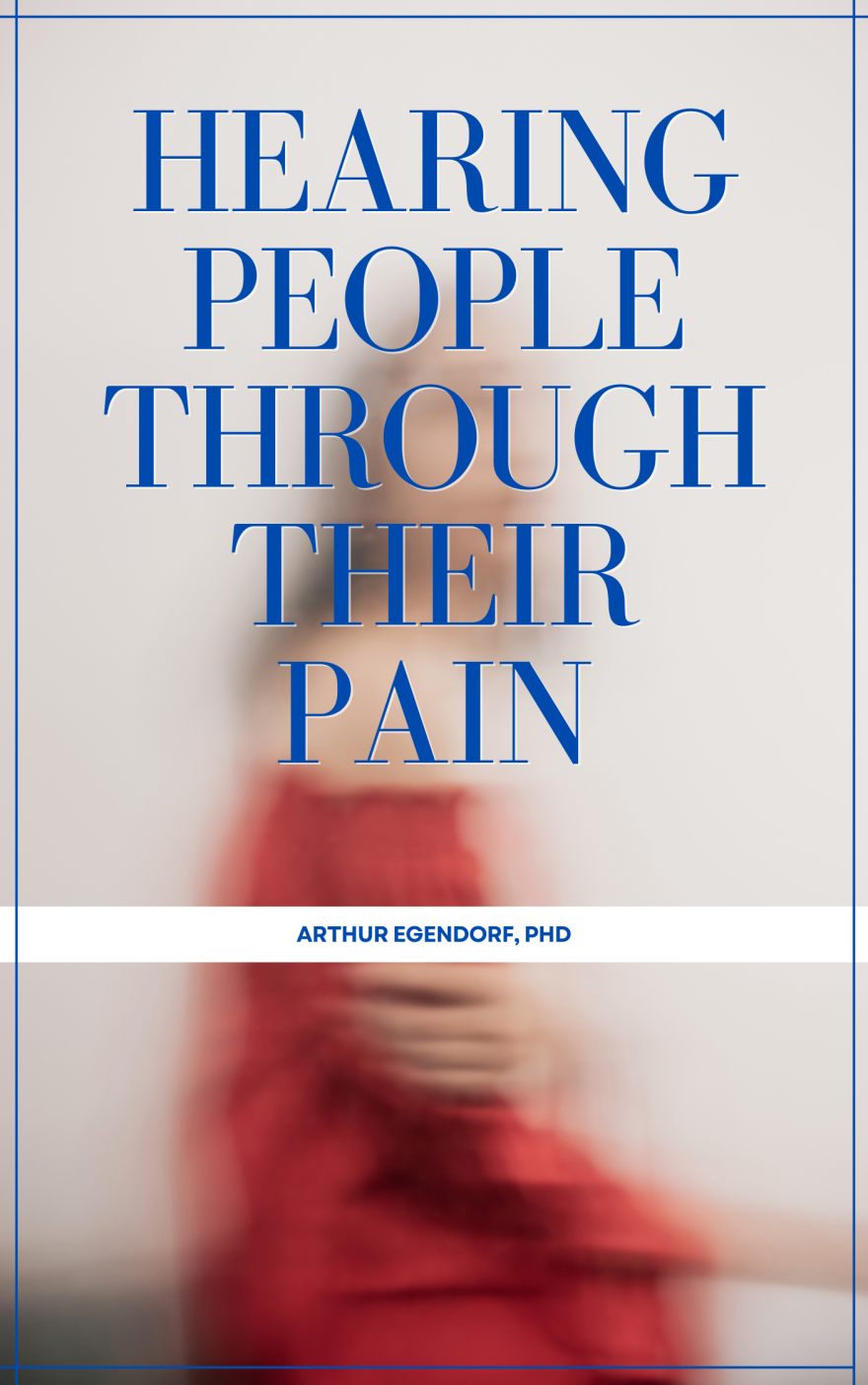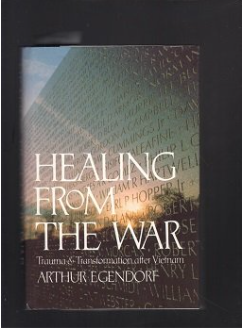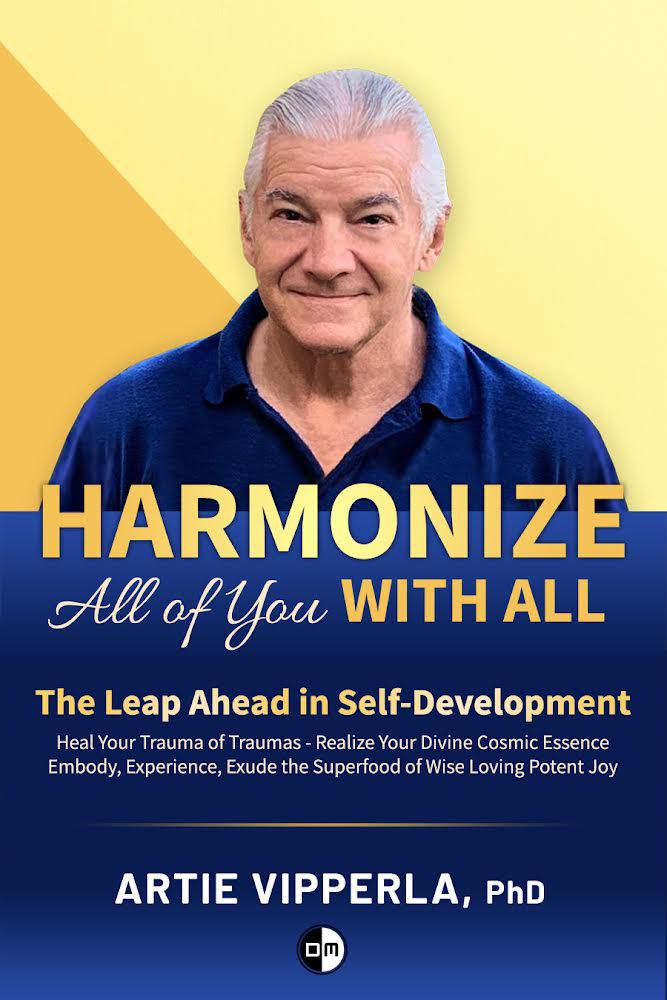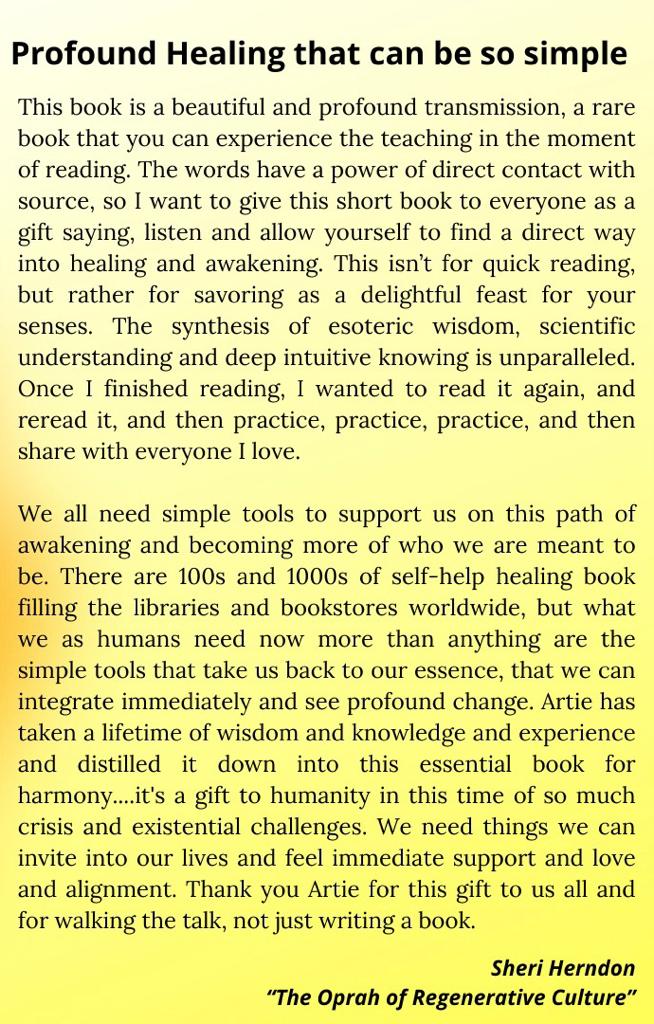Podcasts & Publications
Podcasts
Here is a summary of what I offer in podcasts and public speaking:
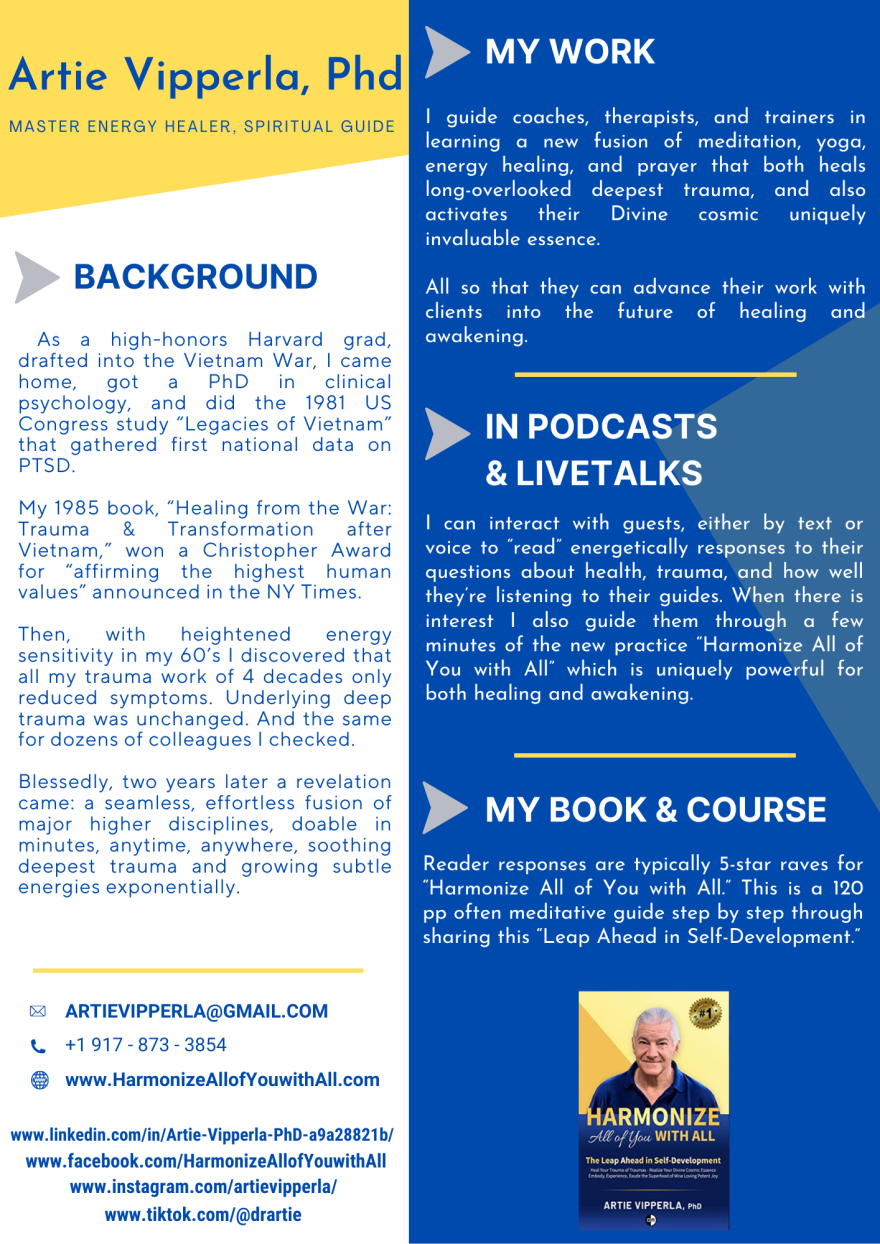
Publications
Here is a selection of the principal works in my life's project that has culminated with
"Harmonize All of You with All," 2022, at the bottom here, with flags that link to Amazon
NOTE: The first 6 oubs that appear below were written over my birth name, ARTHUR EGENDORF, which I was guided to change in 2018 to Artie Vipperla, "Loving Wisdom" in Hindi. more Kabbalistically aligned with my mature work, and in honor of South Asian mentors on this and higher planes.
Click the images to download the PDF versions of the first two papers,
- "Human Development and Ultimate Reality"
- and "Hearing People Through Their Pain,"
- and to reach Amazon to order, "Healing from the War."
|
|
"Human Development and Ultimate Reality" is a chapter invited as commentary on Tarthan Tulku's adaptation of Tibetan Dzogchen for Westerners, called, "Time, Space, and Knowledge" (TSK, 1977).
|
|
|
In the Op-Ed piece to the NY Times included below, I summarized the most widely cited findings from this 5 volume study, credited with putting PTSD on the map by gathering the first national data that link combat with post-war psychological and social problems, controlling for background factors. |
|
Opinion
VIETNAM GOES ON
|
Officially, the Vietnam War is over, but it still goes on in American minds. The battle lines are so ingrained that we play out the old conflicts without noticing the consequences. Some of the war's after-effects are obvious. Take the men who fought in Vietnam, for example. A study that was mandated by the Congress (and released in March) and was based on interviews with a random sample of 1,400 men who came of age during the Vietnam era provided a systematic comparison between veterans and nonveterans. On the average, today those who served in Vietnam have less education and lower-status jobs than other men of the same age and background. Among veterans with Vietnam service, those who saw heavy combat are more likely to use alcohol and drugs, to have criminal records, and to suffer from medical problems and stressrelated symptoms. As a rough estimate, half of the nearly three million men who served in Vietnam are still burdened by unresolved war experiences. Why do these problems persist? The answer most often ignored is that the conflicts that burden many ex-servicemen are ones that continue here at home. During the war years, veterans' difficulties increased with the mounting controversy. Factionalism rooted in the Vietnam era still seethes, though now it is mostly beneath the surface. Americans have yet to see that veterans' problems, while serious enough in their own right, are symptomatic of a historic dilemma that faces the country as a whole. |
|
|
"People Magazine" did a feature article on me on the occasion of my study, "Legacies of Vietnam" being published. |
|
|
The first goal in this clinical and theoretical essay is to specify what it means to hear people through their pain, by articulating intuitions that are seldom put in formal terms. “What” and “how” and “whom” we hear shift depending on whether we are (1) uncovering the facts, (2) appreciating their meaning with another's life, (3) drawing out and enlivening the one who has to live with and make sense of traumatic experience, or (4) engendering, by having others hear that they are heard, enough relatedness to establish a meaningful precedent for their lives. A second goal here is to show how the meaning of trauma changes as hearing deepens. Accordingly, we may hear in people's trauma (1) psychophysical reactions to events; (2) the playing out of themes from a lifetime; (3) violations whose inner message is a demand to awaken beyond self-protective ways of being; and (4) a uniquely powerful opening for communion.
|
|
|
“Healing from the War” distills and blends the learning, research, clinical efforts, and revelations of my first 15 years after coming from the Vietnam War, into a series of 8 chapters.
|
|
|
For my 2022 book, here is a 5-star review posted on Amazon by Sheri Herndon:
|
To click Amazon in your country see flags below:
 |
 |
 |
|
USA
|
UK
|
Germany
|
 |
 |
 |
|
France
|
Spain
|
Netherlands
|
 |
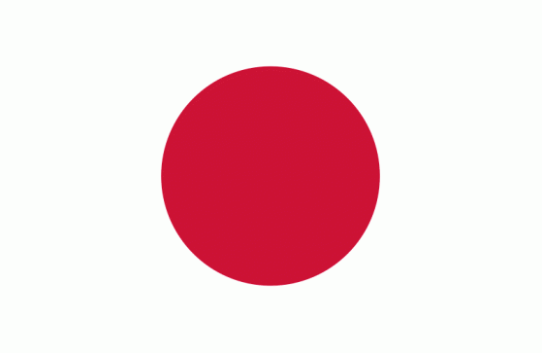 |
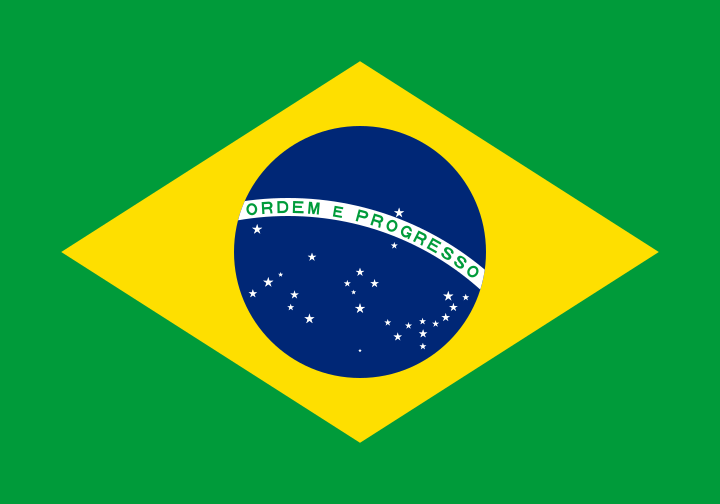 |
|
Italy
|
Japan
|
Brazil
|
 |
 |
 |
|
Canada
|
Mexico
|
Australia
|
 |
||
| India |
